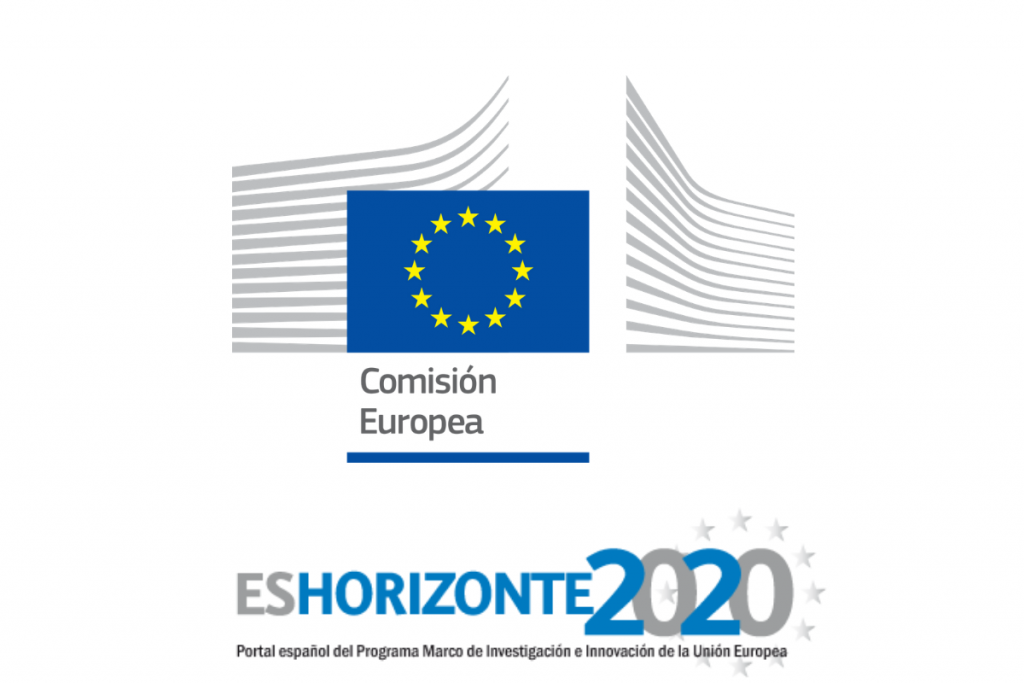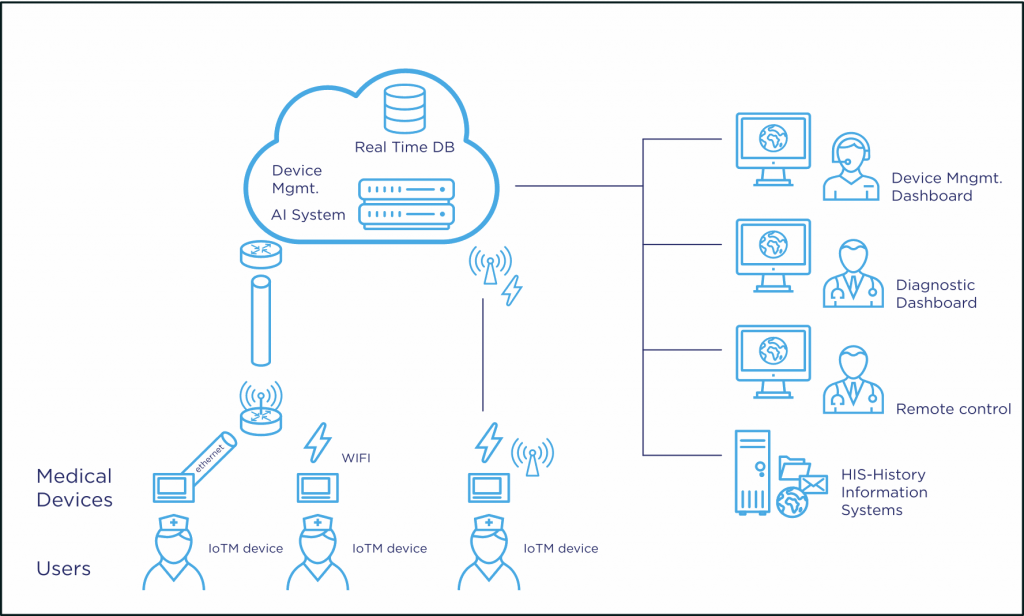Kiversal is closing 2020 with excellent news: Devimetrix S.L. has been named a beneficiary of SME Instrument Phase 1 funding awarded under the Horizon 2020 programme.
The SME Instrument Phase 1 funding scheme
The Horizon 2020 programme, or H2020, implemented by the European Commission created the SME Instrument to make funding available to small and medium-sized enterprises that seek to launch market-ready products, services or processes.

What does the SME Instrument provide funding for?
The SME Instrument provides funding for research, development and innovation projects carried out by individual SMEs or SME groups with international ambitions.
The strategic objectives of the Horizon 2020 programme are:
- To promote scientific excellence and strengthen the EU’s position on the global science scene.
- Develop new technologies and their applications to boost Europe’s competitiveness.
- Carry out research on the major challenges faced by citizens, with special emphasis on the fields of health, food and diet, and agriculture.
The SME Instrument Phases
The SME Instrument offers support in three phases, each of which provides R&D projects with a different level of funding depending on the organisation’s stage in development:
- Phase 1: Lump sum of €50,000. The project undergoes a concept and feasibility assessment in this phase, which has a maximum duration of 6 months and centres on developing breakthrough innovations.
- Phase 2: This second stage provides funding for up to 70% of the project’s eligible costs. Candidate projects must be underpinned by a strategic business plan and demonstrate their feasibility by means of prototypes, tests, innovative design processes or performance checks, among others, in addition to a detailed commercialization strategy. With a duration of 1-2 years, this phase makes between €500,000 and €3 million euros available to successful applicants.
- Phase 3: The final phase in the SME Instrument provides investment readiness support to the SMEs that have successfully completed Phase 2. No direct funding is awarded; SMEs are given privileged access to private capital and customers. In addition, SME Instrument also offers business coaching and training services to empower companies in the commercialisation phase.
The KiCloud system receives SME Instrument Phase 1 funding
Kiversal’s cloud-based healthcare system, KiCloud, will be assessed over the next 6 months in order to guarantee its commercial success by means of a feasibility plan backed by a sales plan and exploitation strategy.
The KiCloud smart system will therefore be analyzed from a technical, financial and sales viewpoint with the aim of minimizing the risk of faults while boosting the impact and likelihood of the project’s success.

The business plan will set out a clear development and commercialization plan to launch KiCloud to market, including financing requirements and strategy.
Being named a beneficiary of this funding is Kiversal’s reward for more than four years of hard work and dedication and is an important step in the company’s future. Starting a business is never easy, but determination and sacrifice can help projects and ideas come to fruition.
Will KiCloud achieve its first goal of making it through to Phase 2? We will find out soon, so keep an eye on Kiversal’s blog and social media accounts! 🙂

Nice Article…Very interesting to read this article. I have learned some new information. Thanks for sharing.
Thank you very much, Ward Smitham. We are glad to know that you have learned something new today! 🙂